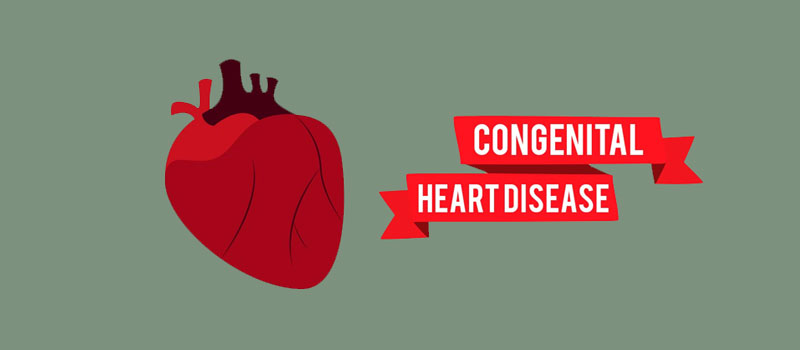Congenital heart disease, or a congenital heart defect, is a heart abnormality that an individual is born with. In other words, it is a heart disease that is present at birth. Congenital heart disease can affect the way blood flows through your heart.
There are different types of this defect, some of which may not present any symptoms or cause problems, and others which can be life threatening.
The three main categories of congenital heart disease affect:
- The heart walls
- The heart valves
- The blood vessels
In many cases, congenital heart disease is detected at birth. However, in some cases, the symptoms do not present themselves until later on in life, when the individual has reached adulthood. In any case, treatment for this condition can be done by a specialist cardiologist in Dubai.
Here is everything you need to know.
Causes
Scientists and researchers are unsure of what causes most types of congenital heart disease. However, it is believed that in many cases, the disease is inherited. This means that it is passed down in the family. If there is a family history of congenital heart defect, chances are that it will be passed down.
In addition to heredity, there are other risk factors that are believed to increase the risk of congenital heart defect in individuals. These risk factors include:
- Genetic syndromes such as Down Syndrome
- Viral infections such as measles during the first trimester of pregnancy
- Taking certain medications, drugs, alcohol, or smoking during pregnancy
- Developing Type 1 or Type 2 Diabetes during pregnancy
These risk factors are believed to be potential causes of congenital heart disease in newborns. If you are exposed to any of the risk factors for this defect during pregnancy, be sure to consult with a specialist cardiologist in Dubai.
Symptoms
Symptoms of congenital birth defect may appear at birth, while in many other cases, symptoms do not appear until adulthood. The symptoms experienced by newborns and adults may differ.
The most common symptoms among newborns and children are:
- Cyanosis (bluish lips, skin, fingers, and toes caused by a lack of oxygenated blood)
- Breathlessness or trouble breathing
- Difficulties in feeding
- Low birth weight
- Chest pain
- Delayed growth
- Lung infections
Symptoms among adults include:
- Arrhythmias (abnormal heart rhythms)
- Cyanosis (bluish tint to the skin, lips and fingernails)
- Shortness of breath
- Tiring quickly upon exertion and difficulty exercising
- Edema (swelling of body tissue or organs)
- Dizziness
- Fainting
If you or your young child experience any of the symptoms mentioned above, then book an appointment with a cardiologist in Dubai immediately. Moreover, if you were treated for this disease as a child and are experiencing symptoms such as chest pain or shortness of breath, then seek medical attention immediately.
Treatment
In most cases, congenital heart defect can be successfully treated in childhood. However, in some cases the heart defect is not serious during childhood, and requires medical care if the problem becomes more severe later on in life.
As for congenital heart defect in adults, a specialist cardiologist will recommend a treatment plan depending on the severity of the condition. Most common forms of treatment include:
- Monitoring
- Medication
- Open Heart Surgery
- Implantable Heart Device
- Catheter
- Heart Transplant
Your specialist cardiologist in Dubai will decide on a treatment plan according to the severity of the condition and a range of other factors including age, recovery potential, and whether there are other illnesses.
Where to Find the Best Cardiologist in Dubai?
For the best cardiologist in Dubai, visit the German Heart Centre. Here you will be able to seek treatment from one of the most highly qualified cardiologist in Dubai, such as Professor Dr. Uwe Klima, Dr. Gehad El Gergawy, or Dr. Laure Bruchou. All are specialist cardiologists with extensive experience treating various heart illnesses, including congenital heart disease.
Contact German Heart Centre now to book an appointment.

